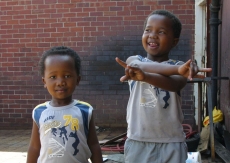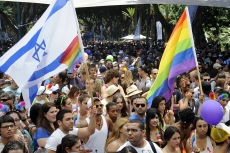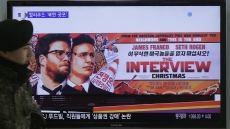The CPD Blog is intended to stimulate dialog among scholars and practitioners from around the world in the public diplomacy sphere. The opinions represented here are the authors' own and do not necessarily reflect CPD's views. For blogger guidelines, click here.

Ilan Manor offers a new way to conceptualize digital diplomacy.

Could American football be the next ping pong?

South Africa's landmark legal decision to consider the rights of children when sentencing a primary caregiver offers a blueprint for the U.S.

Are there too many cooks in Israeli PD? CPD Blogger Ilan Manor answers.

Alexander Lee White on how Obama should have responded to fallout from the Sony hack.

CPD Research Fellow Tara Ornstein on changing the public perception of migrants.

The conclusion of Michael Ardaiolo's two-part blog on best public diplomacy practice.

Michael Ardaiolo takes stock of the current state of public diplomacy.
Pages
Visit CPD's Online Library
Explore CPD's vast online database featuring the latest books, articles, speeches and information on international organizations dedicated to public diplomacy.
POPULAR ARTICLES
-
January 29
-
January 20
-
January 28
-
January 2
-
January 8
Featured Blogger
Join the Conversation
Interested in contributing to the CPD Blog? We welcome your posts. Read our guidelines and find out how you can submit blogs and photo essays >.








